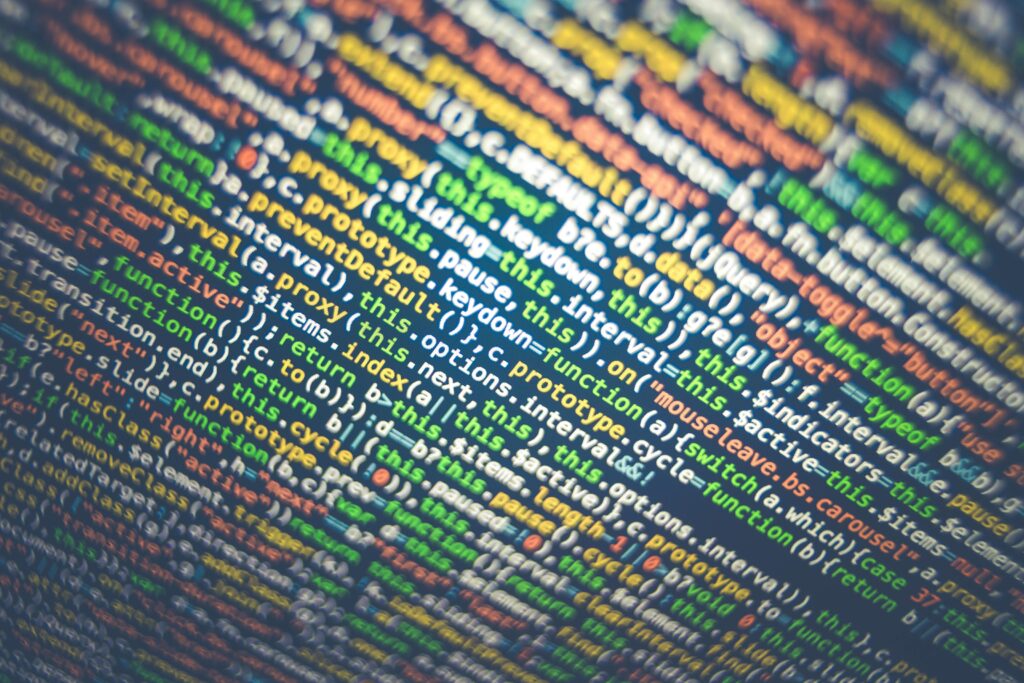Free Tools for Data Science Beginners
Data science is a field that merges statistics, coding, and domain expertise to extract insights from data. For beginners, diving into data science can be overwhelming, especially with so many tools available. Fortunately, numerous free tools can help ease you into the world of data analytics, machine learning, and visualization. Here’s a guide to some of the best free tools that will support your data science journey.
1. Python
Python is the go-to programming language for data science, known for its simplicity and a vast library of tools such as NumPy, pandas, and Matplotlib. Whether you are analyzing data, creating machine learning models, or visualizing data, Python’s flexibility makes it indispensable for data science beginners.
Why it’s great for beginners:
- Easy syntax that is similar to English
- Extensive community support
- Libraries for data manipulation, visualization, and machine learning
Popular libraries:
- NumPy: Numerical computing
- pandas: Data manipulation
- Matplotlib: Data visualization
2. Jupyter Notebooks
Jupyter Notebooks is an open-source web application that allows you to create and share documents containing live code, equations, visualizations, and narrative text. It’s widely used for data exploration and sharing work with others.
Why it’s great for beginners:
- Interactive environment
- Ability to document alongside code
- Supports multiple languages like Python, R, and Julia
3. RStudio
RStudio is an integrated development environment (IDE) for R, a programming language tailored for statistical computing and graphics. RStudio is beginner-friendly with many features like data visualization tools, statistical analysis packages, and a vast community of users.
Why it’s great for beginners:
- Excellent for statistical analysis
- Large repository of packages for diverse use cases
- Ideal for building complex models with statistical rigor
4. Google Colab
Google Colab is a cloud-based notebook environment that lets you write and execute Python code without worrying about installations. It offers free access to GPUs and TPUs, which is perfect for running machine learning models on larger datasets.
Why it’s great for beginners:
- No installation required
- Free access to GPUs and TPUs for deep learning
- Easy sharing of notebooks
5. Tableau Public
Tableau Public is a free version of the popular data visualization tool Tableau. It allows users to create stunning visualizations using drag-and-drop features. This tool is ideal for data science beginners who want to communicate their insights visually.
Why it’s great for beginners:
- Intuitive drag-and-drop interface
- Free to use and publish your visualizations online
- Rich visual elements for storytelling with data
6. Kaggle
Kaggle is a platform for data science competitions, datasets, and notebooks. It is a perfect environment for beginners looking to practice on real-world problems. You can learn by exploring other people’s work, participating in competitions, and even using their free kernels for coding.
Why it’s great for beginners:
- Access to thousands of datasets
- A community of learners and experts
- Free GPU access for running machine learning models
7. VS Code
Visual Studio Code (VS Code) is a lightweight, open-source editor that’s ideal for data science and coding in general. With its extensions, you can support Python, R, Jupyter, and even machine learning workflows.
Why it’s great for beginners:
- Customizable with a wide range of extensions
- Clean and simple interface
- Works well with Git for version control
8. GitHub
GitHub is a version control platform where you can host your data science projects and collaborate with others. As a beginner, it’s a great place to showcase your work, contribute to open-source projects, and learn through collaboration.
Why it’s great for beginners:
- Version control with Git integration
- Ability to share and collaborate on projects
- Huge open-source community
9. Orange
Orange is an open-source data visualization and machine learning tool. It’s great for beginners who prefer working with visual workflows rather than writing code. You can create models by dragging and dropping components in its GUI.
Why it’s great for beginners:
- No coding required
- Visual programming interface
- Interactive data analysis workflows
10. Anaconda
Anaconda is a distribution of Python and R designed specifically for data science. It simplifies the process of managing packages, environments, and dependencies, making it easier for beginners to install everything they need in one go.
Why it’s great for beginners:
- All-in-one platform for data science libraries
- Simplifies package management and environment setup
- Comes with Jupyter, Spyder, and other useful tools
Conclusion
Data science may seem daunting at first, but these free tools make it accessible for beginners. Whether you prefer working with code in Python, visualizing data with Tableau Public, or collaborating through GitHub, these tools offer the foundation you need to start your data science journey. Start small, pick the tools that align with your interests, and continue building your skills as you explore this dynamic and rewarding field.
